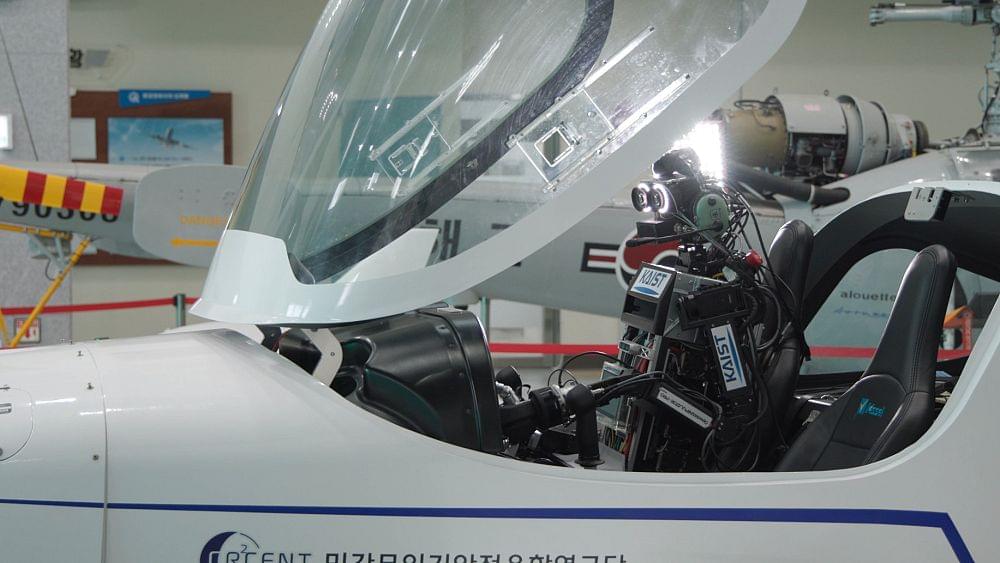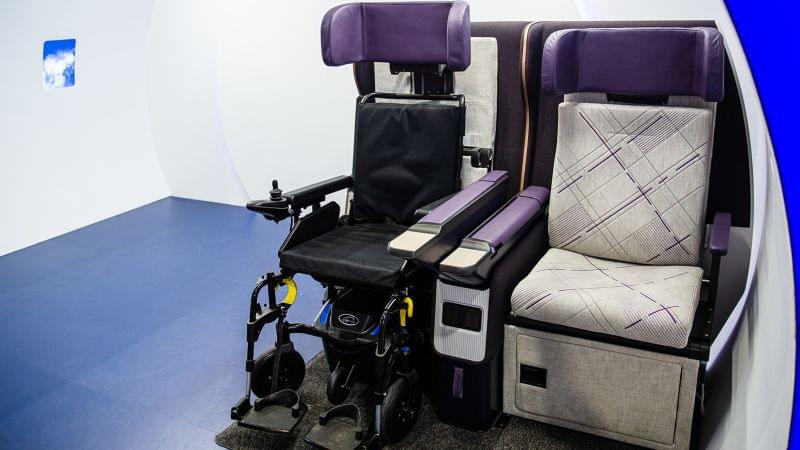It’s no surprise that machines have the same problem. Although they’re armed with a myriad of sensors, self-driving cars are still trying to live up to their name. They perform well under perfect weather conditions and roads with clear traffic lanes. But ask the cars to drive in heavy rain or fog, smoke from wildfires, or on roads without streetlights, and they struggle.
This month, a team from Purdue University tackled the low visibility problem head-on. Combining thermal imaging, physics, and machine learning, their technology allowed a visual AI system to see in the dark as if it were daylight.
At the core of the system are an infrared camera and AI, trained on a custom database of images to extract detailed information from given surroundings—essentially, teaching itself to map the world using heat signals. Unlike previous systems, the technology, called heat-assisted detection and ranging (HADAR), overcame a notorious stumbling block: the “ghosting effect,” which usually causes smeared, ghost-like images hardly useful for navigation.






